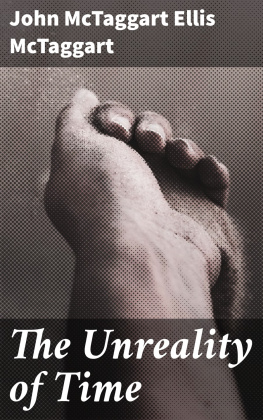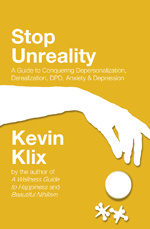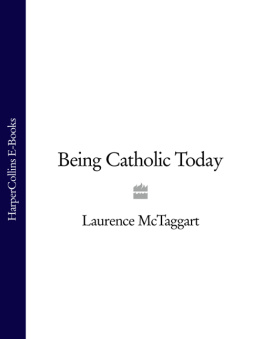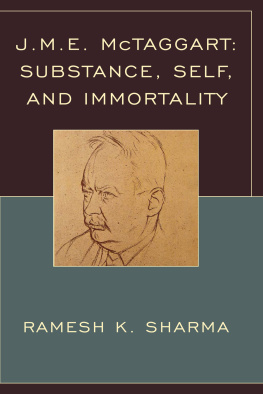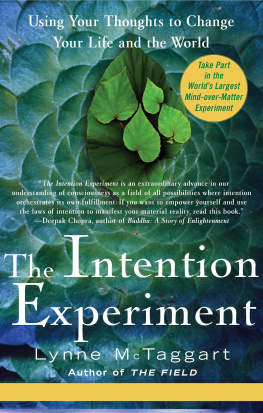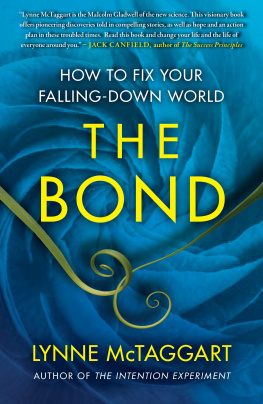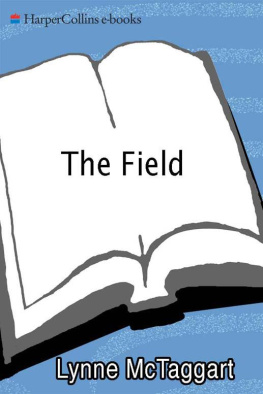John McTaggart Ellis McTaggart - The Unreality of Time
Here you can read online John McTaggart Ellis McTaggart - The Unreality of Time full text of the book (entire story) in english for free. Download pdf and epub, get meaning, cover and reviews about this ebook. year: 2020, publisher: Good Press, genre: Religion. Description of the work, (preface) as well as reviews are available. Best literature library LitArk.com created for fans of good reading and offers a wide selection of genres:
Romance novel
Science fiction
Adventure
Detective
Science
History
Home and family
Prose
Art
Politics
Computer
Non-fiction
Religion
Business
Children
Humor
Choose a favorite category and find really read worthwhile books. Enjoy immersion in the world of imagination, feel the emotions of the characters or learn something new for yourself, make an fascinating discovery.
- Book:The Unreality of Time
- Author:
- Publisher:Good Press
- Genre:
- Year:2020
- Rating:4 / 5
- Favourites:Add to favourites
- Your mark:
- 80
- 1
- 2
- 3
- 4
- 5
The Unreality of Time: summary, description and annotation
We offer to read an annotation, description, summary or preface (depends on what the author of the book "The Unreality of Time" wrote himself). If you haven't found the necessary information about the book — write in the comments, we will try to find it.
The Unreality of Time — read online for free the complete book (whole text) full work
Below is the text of the book, divided by pages. System saving the place of the last page read, allows you to conveniently read the book "The Unreality of Time" online for free, without having to search again every time where you left off. Put a bookmark, and you can go to the page where you finished reading at any time.
Font size:
Interval:
Bookmark:

It doubtless seems highly paradoxical to assert that Time is unreal, and that all statements which involve its reality are erroneous. Such an assertion involves a far greater departure from the natural position of mankind than is involved in the assertion of the unreality of Space or of the unreality of Matter. So decisive a breach with that natural position is not to be lightly accepted. And yet in all ages the belief in the unreality of time has proved singularly attractive.
In the philosophy and religion of the East we find that this doctrine is of cardinal importance. And in the West, where philosophy and religion are less closely connected, we find that the same doctrine continually recurs, both among philosophers and among theologians. Theology never holds itself apart from mysticism for any long period, and almost all mysticism denies the reality of time. In philosophy, again, time is treated as unreal by Spinoza, by Kant, by Hegel, and by Schopenhauer. In the philosophy of the present day the two most important movements (excluding those which are as yet merely critical) are those which look to Hegel and to Mr. Bradley. And both of these schools deny the reality of time. Such a concurrence of opinion cannot be denied to be highly significant -- and is not the less significant because the doctrine takes such different forms, and is supported by such different arguments.
I believe that time is unreal. But I do so for reasons which are not, I think, employed by any of the philosophers whom I have mentioned, and I propose to explain my reasons in this paper.
Positions in time, as time appears to us prima facie, are distinguished in two ways. Each position is Earlier than some, and Later than some, of the other positions. And each position is either Past, Present, or Future. The distinctions of the former class are permanent, while those of the latter are not. If M is ever earlier than N, it is always earlier. But an event, which is now present, was future and will be past.
Since distinctions of the first class are permanent, they might be held to be more objective, and to be more essential to the nature of time. I believe, however, that this would be a mistake, and that the distinction of past, present and future is as essential to time as the distinction of earlier and later, while in a certain sense, as we shall see, it may be regarded as more fundamental than the distinction of earlier and later. And it is because the distinctions of past, present and future seem to me to be essential for time, that I regard time as unreal.
For the sake of brevity I shall speak of the series of positions running from the far past through the near past to the present, and then from the present to the near future and the far future, as the A series. The series of positions which runs from earlier to later I shall call the B series. The contents of a position in time are called events. The contents of a single position are admitted to be properly called a plurality of events. (I believe, however, that they can as truly, though not more truly, be called a single event. This view is not universally accepted, and it is not necessary for my argument.) A position in time is called a moment.
The first question which we must consider is whether it is essential to the reality of time that its events should form an A series as well as a B series. And it is clear, to begin with, that we never observe time except as forming both these series. We perceive events in time as being present, and those are the only events which we perceive directly. And all other events in time which, by memory or inference, we believe to be real, are regarded as past or future -- those earlier than the present being past, and those later than the present being future. Thus the events of time, as observed by us, form an A series as well as a B series.
It is possible, however, that this is merely subjective. It may be the case that the distinction introduced among positions in time by the A series -- the distinction of past, present and future -- is simply a constant illusion of our minds, and that the real nature of time only contains the distinction of the B series --the distinction of earlier and later. In that case we could not perceive time as it really is, but we might be able to think of it as it really is.
This is not a very common view, but it has found able supporters. I believe it to be untenable, because, as I said above, it seems to me that the A series is essential to the nature of time, and that any difficulty in the way of regarding the A series as real is equally a difficulty in the way of regarding time as real.
It would, I suppose, be universally admitted that time involves change. A particular thing, indeed, may exist unchanged through any amount of time. But when we ask what we mean by saying that there were different moments of time, or a certain duration of time, through which the thing was the same, we find that we mean that it remained the same while other things were changing. A universe in which nothing whatever changed (including the thoughts of the conscious beings in it) would be a timeless universe.
If, then, a B series without an A series can constitute time, change must be possible without an A series. Let us suppose that the distinction of past, present and future does not apply to reality. Can change apply to reality? What is it that changes?
Could we say that, in a time which formed a B series but not an A series, the change consisted in the fact that an event ceased to be an event, while another event began to be an event? If this were the case, we should certainly have got a change.
But this is impossible. An event can never cease to be an event. It can never get out of any time series in which it once is. If N is ever earlier than O and later than M, it will always be, and has always been, earlier than O and later than M, since the relations of earlier and later are permanent. And as, by our present hypothesis, time is constituted by a B series alone, N will always have a position in a time series, and has always had one.{1} That is, it will always be, and has always been, an event, and cannot begin or cease to be an event.
Or shall we say that one event M merges itself into another event N, while preserving a certain identity by means of an unchanged element, so that we can say, not merely that M has ceased and N begun, but that it is M which has become N? Still the same difficulty recurs. M and N may have a common element, but they are not the same event, or there would be no change. If therefore M changes into N at a certain moment, then, at that moment, M has ceased to be M, and N has begun to be N. But we have seen that no event can cease to be, or begin to be, itself, since it never ceases to have a place as itself in the B series. Thus one event cannot change into another.
Neither can the change be looked for in the numerically different moments of absolute time, supposing such moments to exist. For the same arguments will apply here. Each such moment would have its own place in the B series, since each would be earlier or later than each of the others. And as the B series indicate permanent relations, no moment could ever cease to be, nor could it become another moment.
Since, therefore, what occurs in time never begins or ceases to be, or to be itself, and since, again, if there is to be change it must be change of what occurs in time (for the timeless never changes), I submit that only one alternative remains. Changes must happen to the events of such a nature that the occurrence of these changes does not hinder the events from being events, and the same events, both before and after the change.
Font size:
Interval:
Bookmark:
Similar books «The Unreality of Time»
Look at similar books to The Unreality of Time. We have selected literature similar in name and meaning in the hope of providing readers with more options to find new, interesting, not yet read works.
Discussion, reviews of the book The Unreality of Time and just readers' own opinions. Leave your comments, write what you think about the work, its meaning or the main characters. Specify what exactly you liked and what you didn't like, and why you think so.

